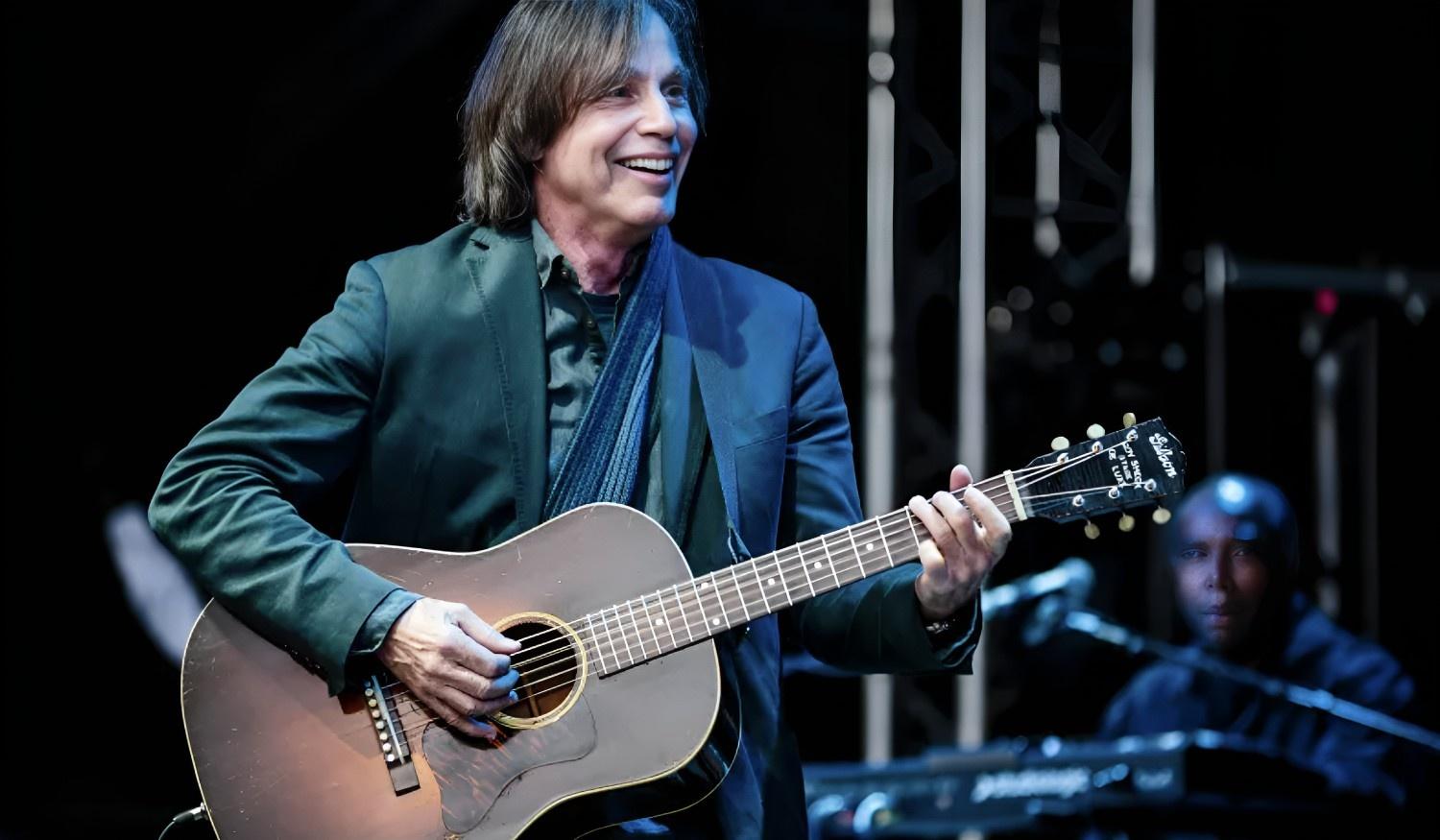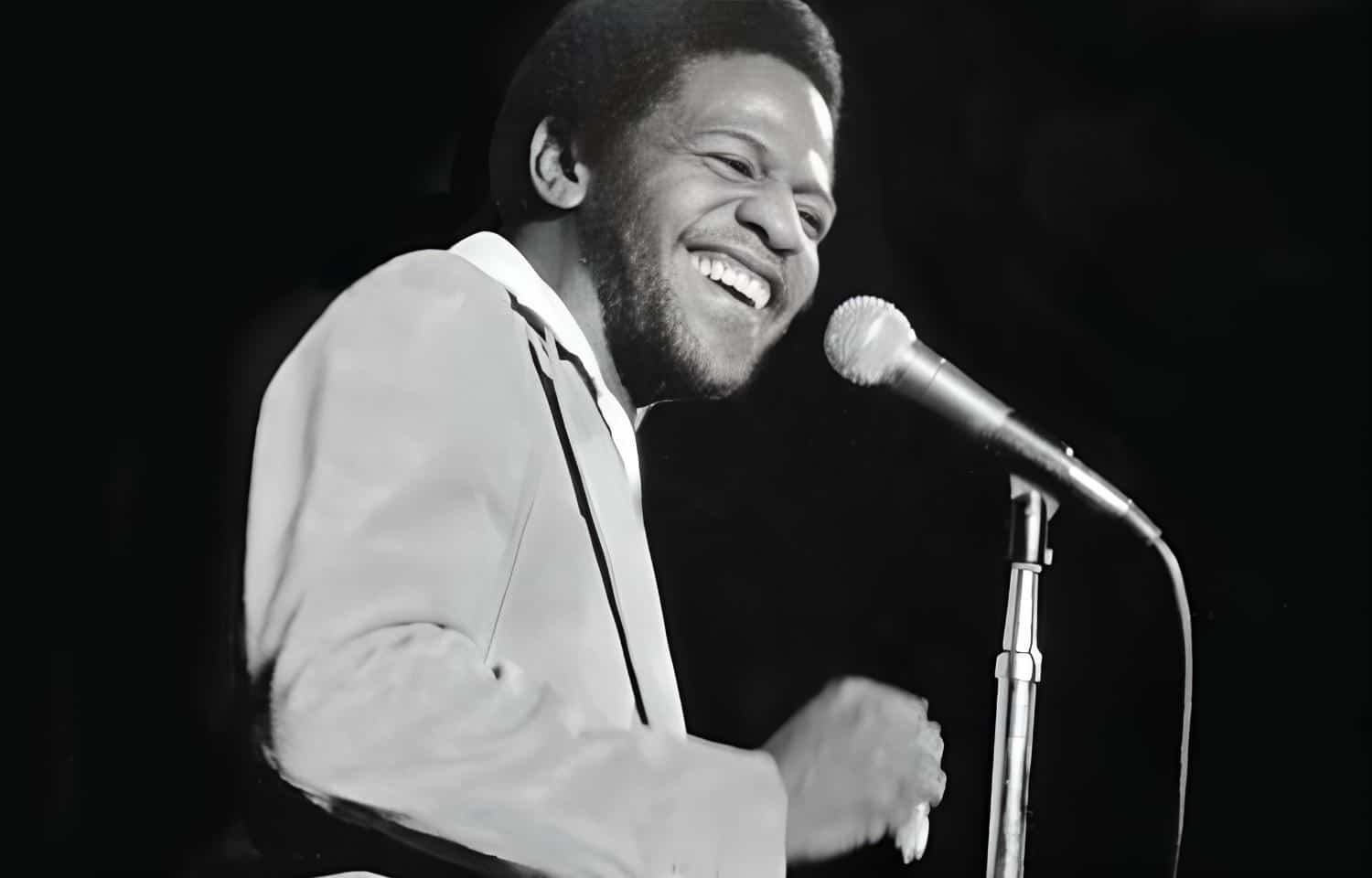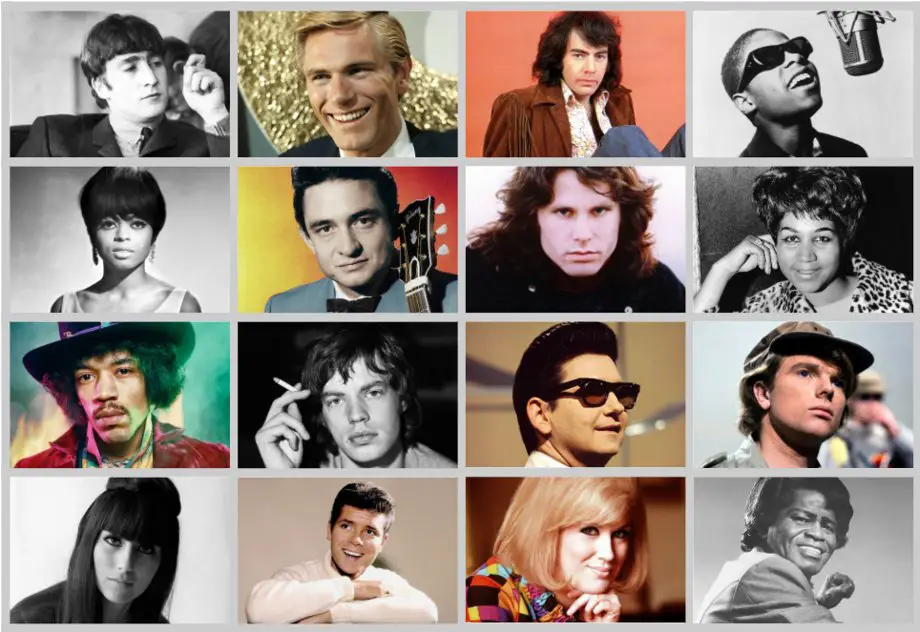The Echo of a Decade: Iconic Male Voices of the 1960s and Their Enduring Impact
The 1960s. A decade of seismic shifts in culture, politics, and, perhaps most vibrantly, music. From the raw energy of rock and roll to the smooth sophistication of soul, the sonic landscape of the era was defined by a new breed of artist. This was the age of the “British Invasion,” the rise of Motown, and the burgeoning counterculture, all amplified by the unique voices that became instantly recognizable and deeply influential. This article explores the iconic male singers who shaped the 1960s, examining their musical contributions and the lasting impact they had on the world.
The Pioneers of Rock and Roll: Shaping the Sound
The groundwork for the 1960s explosion in music was laid in the late 1950s. These early pioneers, though already established, continued to evolve and influence the decade’s sound.
- Elvis Presley: The King of Rock and Roll continued his reign, adapting to the changing times with a more polished image and expanding his musical repertoire to include ballads and gospel. His influence on stage presence, vocal style, and overall star power remained unparalleled.
- Chuck Berry: Berry’s lyrical storytelling and innovative guitar riffs became cornerstones of rock and roll. His songs, often chronicling the lives of teenagers and the realities of American life, resonated deeply with audiences.
- Jerry Lee Lewis: Known for his electrifying performances and raw energy, Lewis’s piano-driven rock and roll was a force to be reckoned with. His flamboyant stage presence and rebellious spirit cemented his place in rock and roll history.
The British Invasion: Conquering the Airwaves
The mid-1960s saw a tidal wave of British bands take the world by storm. These groups, many heavily influenced by American blues and rock and roll, brought a fresh perspective and a new energy to the music scene.
- John Lennon & Paul McCartney (The Beatles): Arguably the most influential songwriting duo of all time, Lennon and McCartney’s harmonies, innovative song structures, and lyrical depth transformed popular music. Their impact on songwriting, recording techniques, and global culture is immeasurable.
- Mick Jagger (The Rolling Stones): Jagger’s swaggering stage presence and blues-infused vocals defined the rebellious spirit of the Rolling Stones. Their raw energy and enduring presence cemented their status as rock legends.
- Eric Clapton (The Yardbirds, Cream): Clapton’s mastery of the electric guitar and his blues-based riffs were a key element of the British Invasion. His work with The Yardbirds and Cream helped to popularize blues rock.
- Roger Daltrey (The Who): Daltrey’s powerful, expressive vocals and dynamic stage presence, along with the Who’s high-energy performances, contributed to the band’s status as a live powerhouse.
Soul’s Golden Age: The Rise of Motown and Beyond
The 1960s witnessed the flourishing of soul music, with Motown Records leading the way. These male singers brought passion, emotion, and undeniable talent to the forefront.
- Smokey Robinson (Smokey Robinson & The Miracles): Robinson’s smooth vocals, poetic lyrics, and songwriting skills made him a key figure in Motown’s success. His influence extended beyond Motown, shaping the sound of soul music.
- Stevie Wonder: While a child prodigy in the early 60s, Wonder’s musical evolution continued through the decade. His contributions to songwriting, innovative instrumentation, and vocal style would become the soundtrack of the 70s.
- Otis Redding: Redding’s raw, soulful vocals and heart-wrenching ballads defined the Stax Records sound. His untimely death in 1967 cut short a brilliant career, but his legacy continues to inspire.
- James Brown: The “Godfather of Soul” transformed the music landscape with his energetic stage presence, innovative rhythms, and powerful vocals. Brown’s influence on funk and hip-hop is undeniable.
Beyond the Genres: Diverse Voices of the Decade
While rock and soul dominated, the 1960s also featured a diverse range of male singers who made their mark.
- Bob Dylan: Dylan’s folk-inspired lyrics and distinctive vocals brought poetic storytelling to popular music. His influence on songwriting and protest music was profound.
- Frank Sinatra: Sinatra’s sophisticated vocal style and timeless interpretations of classic songs continued to resonate with audiences. His influence on the “crooner” style remained significant.
The Lasting Impact: A Legacy of Influence
The male voices of the 1960s left an indelible mark on music history. Their contributions continue to be felt today:
- Musical Innovation: They pioneered new sounds, experimented with genres, and pushed the boundaries of songwriting and recording techniques.
- Cultural Influence: Their music reflected and shaped the social and political climate of the decade, sparking conversations and inspiring social change.
- Enduring Popularity: Their songs remain timeless classics, enjoyed by generations of listeners. Their influence can be heard in contemporary music across genres.
Frequently Asked Questions (FAQs)
1. Who is considered the most influential male singer of the 1960s?
This is subjective, but John Lennon and Paul McCartney of The Beatles are strong contenders due to their impact on songwriting, recording techniques, and global culture. However, figures like Elvis Presley, Bob Dylan, and James Brown also have incredibly strong cases.
2. What was the impact of the British Invasion?
The British Invasion revitalized the music scene, introducing new sounds, influencing songwriting styles, and sparking a global interest in British bands. It also helped to popularize blues and rock and roll.
3. How did Motown Records impact the music industry?
Motown Records provided a platform for talented African American artists, popularized soul music, and revolutionized the music industry with its distinctive sound and business model. It also helped to break down racial barriers in mainstream music.
4. What is the legacy of Elvis Presley in the 1960s?
Though his musical style shifted, Elvis continued to be a cultural icon in the 1960s. His influence on stage presence, vocal style, and overall star power remained unparalleled. He also helped to bridge the gap between rock and roll and mainstream pop.
5. Why was the 1960s such a pivotal decade for music?
The 1960s were a period of unprecedented creativity and social change. The combination of new technologies, evolving cultural values, and the rise of youth culture fueled a musical revolution, resulting in a diverse range of genres and iconic artists that continue to inspire.




